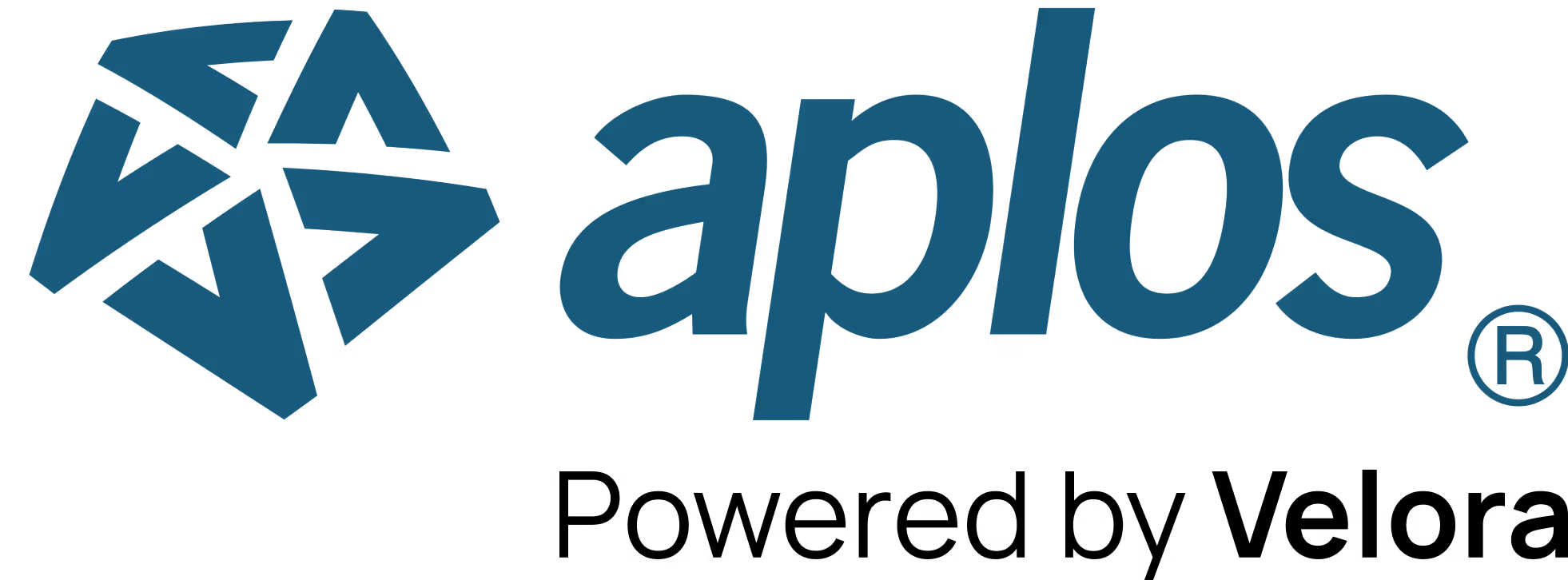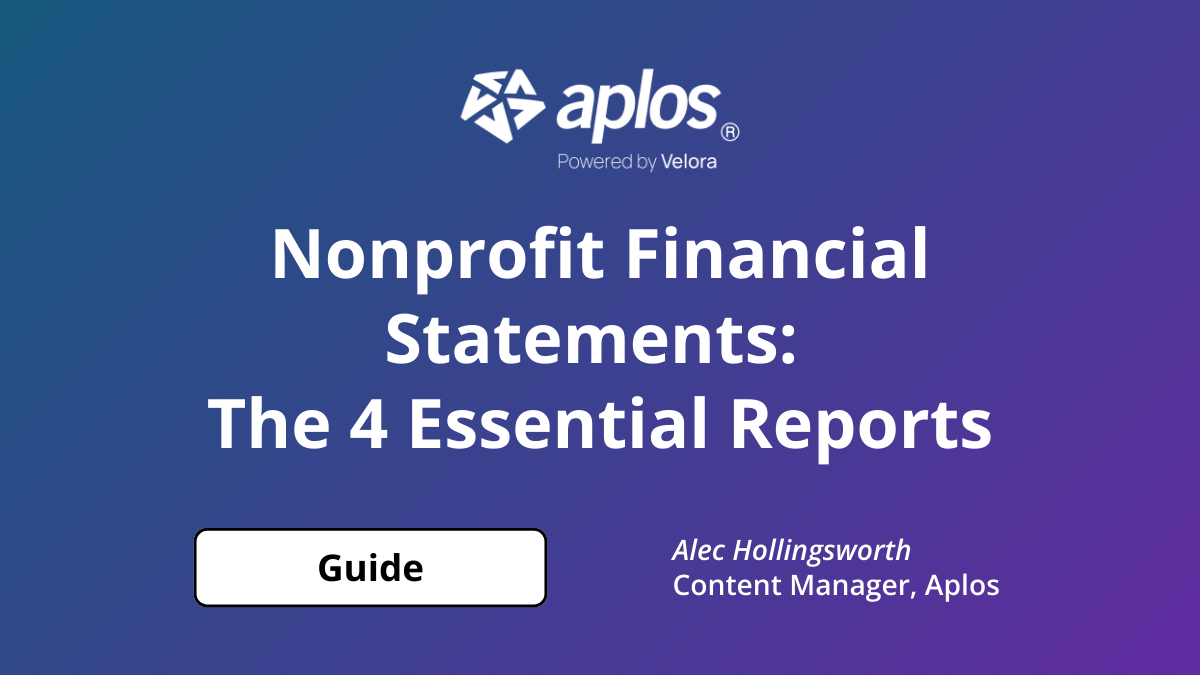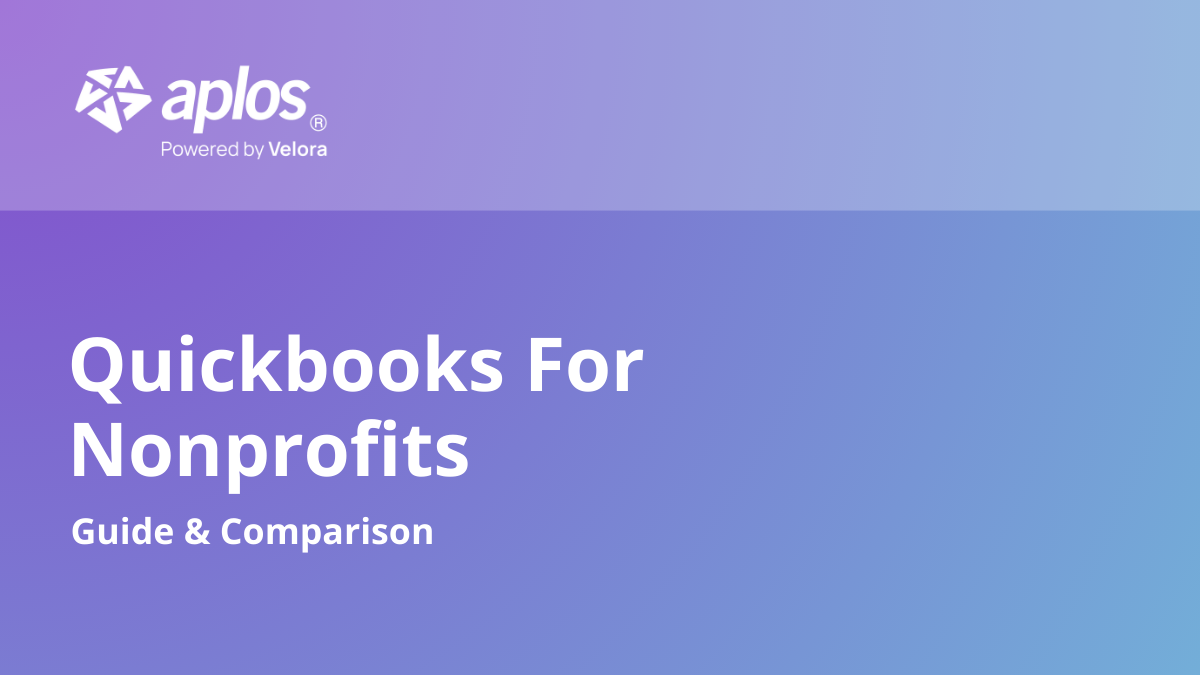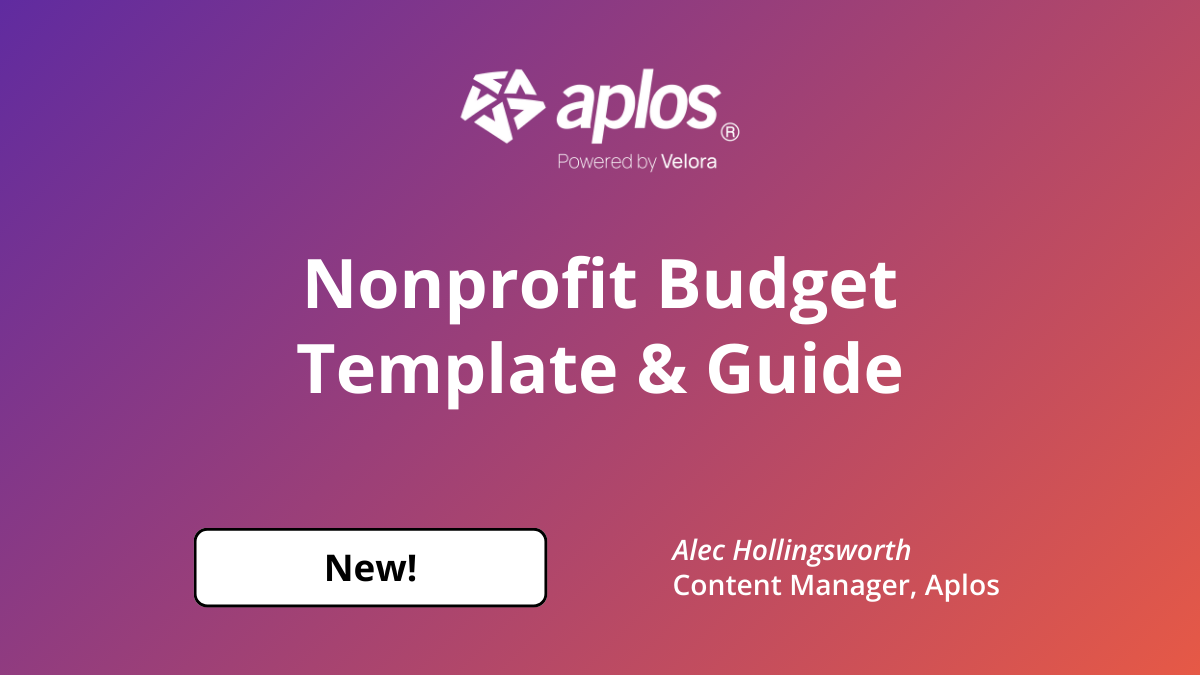
4 grant allocation mistakes and best practices for nonprofits

Missteps in your grant allocation can lead to significant financial inefficiencies and hinder your organization’s ability to maintain programs and trust with donors. Without proper grant management, your organization can lose funding, decrease audit readiness, damage donor reputation, and increase the difficulty of securing funding from new donors. To help you properly manage and allocate grants, I’m going to describe tips for avoiding common grant allocation mistakes and the best practices for managing your grant funding.
4 mistakes to avoid in your grant allocation
If you fail to plan, you plan to fail. This is especially true with grant allocations and overall grant management. Without a solid plan and precise budget, even the most well-intentioned programs will falter, wasting resources and opportunity for impact.
Overestimating or underestimating project costs
When overestimation happens, grant monies are left unused that might have otherwise been used for priority needs. Underestimation is no better, leaving you scrambling for additional funding for a project.
Poor documentation
If you can’t back up expenses with clear, complete, and detailed documentation, you can’t show the relationship between the costs and the grant. It then becomes challenging, if not impossible, to track how funds are being used. The trickle-down effect is that donors and are less inclined to trust your grant reporting and will ultimately decide to invest their money elsewhere.

Noncompliance with grant terms
Whether it’s from a misunderstanding or lack of established and consistent compliance processes, noncompliance with grant terms or fund restrictions can be an audit red flag and eventually lead to termination of funding.
Ineffective communication with donors
“The single biggest problem in communication is the illusion that it has taken place,” noted Irish playwright George Bernard Shaw. From reporting on progress to simply keeping open lines of communication, you must keep donors and stakeholders informed and engaged with your project.
Tips to properly allocate and manage grant funds
By following best practices, you can maintain financial integrity, build donor trust, and enhance your organization’s ability to secure future grants. Here are some key strategies to help you allocate and manage your grant funds effectively.
Develop a detailed project plan
In a good project plan, you’ll have resources and roles outlined, a list of grant requirements, and a timeline for tracking and reporting on the program. You should also include instructions to your bookkeeper or accounting team on how to record grant funds and compile the necessary financial reports (like budget-to-actuals).
Establish a realistic budget
This should include costs, contingency funds, fund restrictions, and a plan to review and adjust your program budget regularly based on current priorities and goals. You also want to include instructions for your nonprofit finance team on how to record incoming funds, either as you receive them or as later reimbursements. You also want to ensure that you have proper cost allocation guidelines in place to ensure funds are directed appropriately.
Keep grant documentation
Maintaining accurate records is a vital part of grant management that demonstrates your organization’s fiscal responsibility and due diligence in complying with funder requirements and grant terms.

Maintain clear communications and reporting
Clear and regular communication builds trust with funders and keeps them engaged. An email campaign can help you nurture relationships with donors and show the impact of their funding. You can read more about donor communication in this 3-step guide here.
A good plan protects you from grant allocation mistakes
Proper financial stewardship is vital to the success of your nonprofit organization and you must avoid common mistakes like overestimating or underestimating costs, poor documentation, noncompliance with grant terms, and ineffective communication with donors.
If you need help with your organization’s accounting, you can hire a nonprofit accountant who has experience with nonprofit accounting software and grant allocations. They can give you every tool you need to establish and maintain trusted relationships with funders.
This is a guest article provided by Edie Daly at MBS Accountancy.
If you are looking for grants, try out our free grant directory on Keela!

Our comprehensive closeout services start at $399 per month that needs to be reconciled. Sign up before Jan 1st and pay just $199.50 per month!
Copyright © 2025 Aplos Software, LLC. All rights reserved.
Aplos partners with Stripe Payments Company for money transmission services and account services with funds held at Fifth Third Bank N.A., Member FDIC.
Copyright © 2024 Aplos Software, LLC. All rights reserved.
Aplos partners with Stripe Payments Company for money transmission services and account services with funds held at Fifth Third Bank N.A., Member FDIC.



.png)



